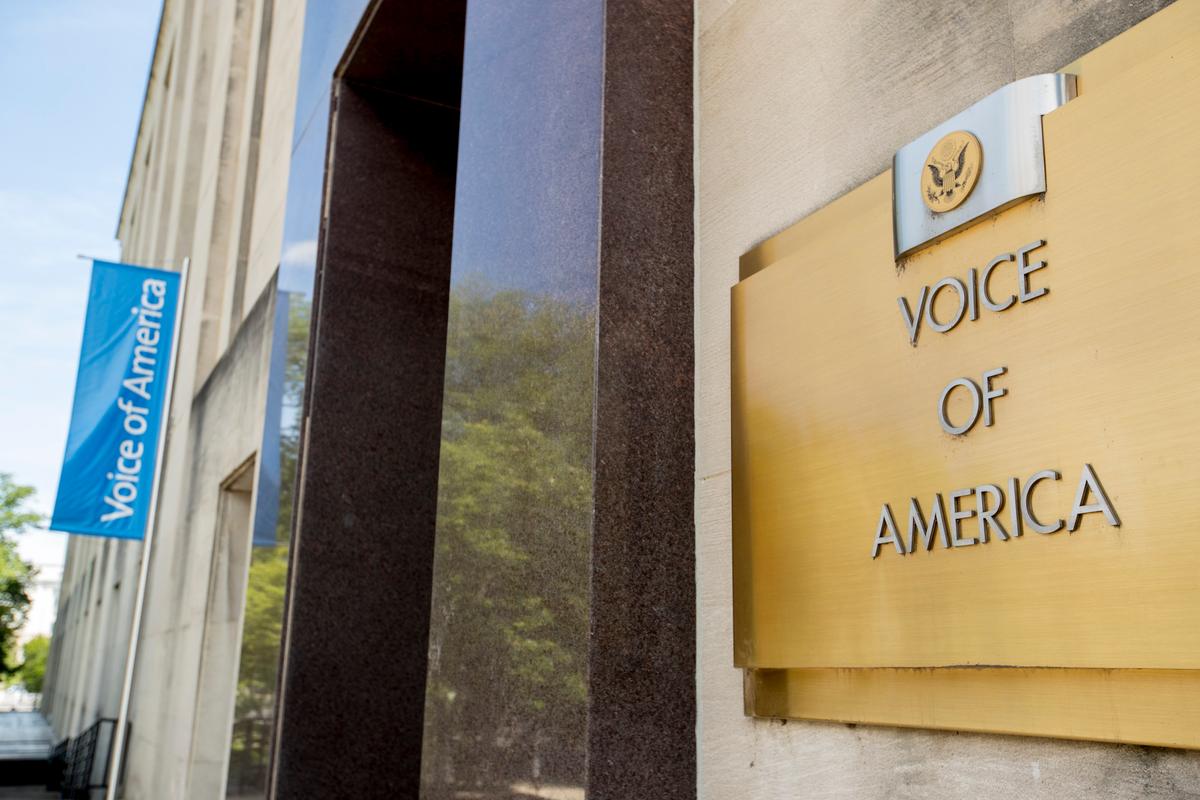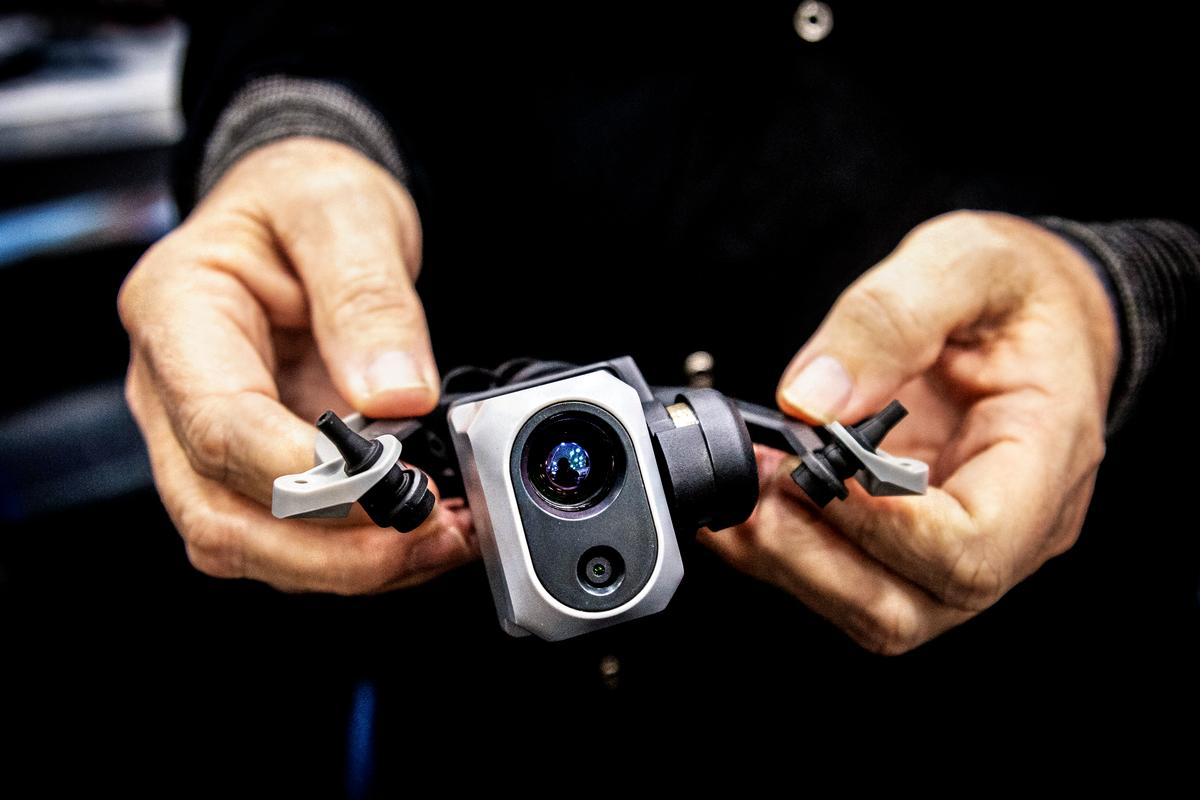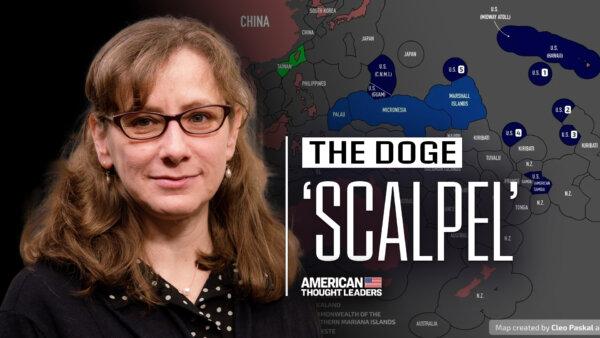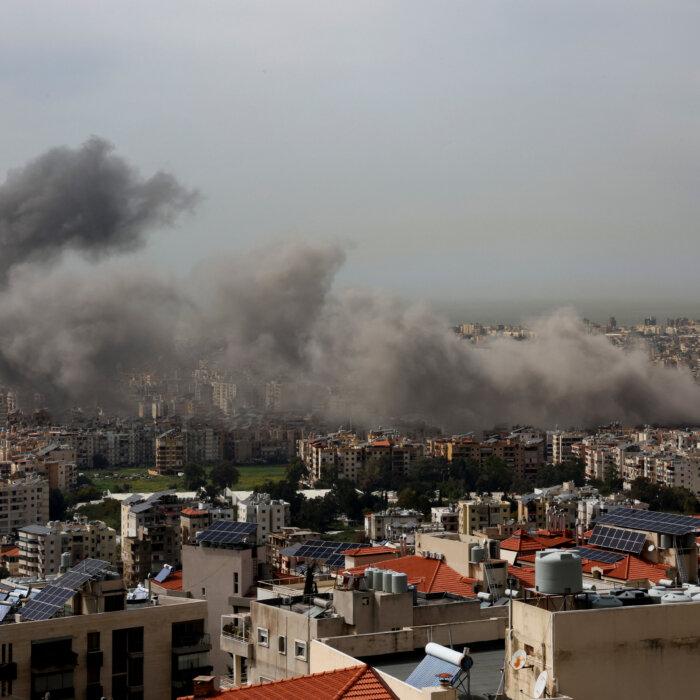Burma Quake Deaths Toll Passes 1,600
The State Department said that cuts to USAID have had no impact on the U.S. ability to assist with disaster response.
Pastor Gennadiy Mokhnenko on Helping Soldiers Find Faith on the Frontlines of the Russia–Ukraine Conflict
The conflict between Russia and Ukraine has dominated the headlines, but what we don’t hear much about are those people who are involved on the front lines.

Dolly Parton: ‘The Star of My Life Story’
The famous country singer keeps the spirit of her late husband alive through music.

Finding Adventure in the Ordinary
What if adventure could be found right under our noses—in the simplest, most mundane activities?

Is It OK Not to Be Busy?
Being productive for productivity’s sake isn’t as fulfilling as a life overflowing with contemplation, virtue, and connection.
Most Read
Top Stories
Gazans Demonstrate as Israel Warns of Land Seizures
Gazans’ rare protests against Hamas, which is known to be ruthless in its suppression of dissent, were motivated by fear of losing their land, analysts say.
Federal Judge Halts Shutdown of Voice of America
VOA employees secured a court order that prevents the Trump administration from shuttering the outlet, for now.
Popular Drugs and Therapies That Reverse Hair Loss—And Their Caveats
A 1988 medical paper noted a drug that generated hair growth in desired locations—it became the first FDA-approved medication for hair loss.
We Went to Thomas Massie’s District. Here’s How They Feel About His ‘No’ Vote on Funding.
Kentucky’s liberty-minded, MIT-educated congressman has some local foes—but supporters, and even some protégés, are easier to find on the ground.
Federal Judge Blocks Deportation of Tufts University Student Detained by ICE
The Trump administration has been given until April 1 to respond to an amended complaint filed by the student’s lawyers.
Musk’s AI Startup Buys Social Media Platform X in $45 Billion Deal
The Elon Musk-owned social media platform X has been bought by xAI, Musk’s artificial intelligence company.
Greenland, Denmark Push Back on Vance’s Visit
Denmark and Greenland disagreed with the U.S. vice president’s claims that they allowed Chinese and Russian infiltration.
Three-Quarters of US Scientists in Nature Poll Consider Leaving the Country
According to a new survey, cuts to federal research funding have led many researchers to explore opportunities abroad.
Over 1,500 Shen Yun Performers and Family Members Call for Investigation of CCP Influence Targeting the Arts Group
The CCP in recent years has stepped up its sabotage campaign against the performing arts company, representatives said at a Lincoln Center press conference.
Monthly Housing Payments Hit All-Time High, Home Affordability Affected
Affordability worsened in 97 percent of counties in the first quarter.
Epoch Readers Strongly Back Trump’s Efforts to Deport Venezuelan Gang Members: Poll
Readers back tough enforcement on gang-linked illegal immigrants, trust the executive branch, and want Congress to expand presidential power.
▶Shen Yun Inspires During Final Show at Its First Canadian Tour Stop
Shen Yun Performing Arts astounded audiences in Mississauga, Canada, on March 25, where City Councillor Stephen Dasko congratulated Shen Yun Performing Arts.
Chewing Gum Can Shed Microplastics Into Saliva: American Chemical Society
Microplastic exposure may increase risk of some cancers and reproductive issues.
New CCP Laws Countering US Sanctions May Accelerate Foreign Capital Exodus: Experts
Article 7 of the regulations allows the regime to openly seize foreign businesses’ intellectual property, said former Chinese rights lawyer Wu Shaoping.
Tracking Trump’s High Level Appointments, Senate Confirmations
The Senate is undertaking the confirmation process for the president’s new administration.
NIH Cuts Absorbable Without Hobbling Research in Higher Education: Policy Experts
Universities see the nation’s status as a research leader at stake, while supporters of the cuts say untraceable indirect research costs can be a gravy train.
Trump Inks $100 Million Deal With Skadden Law Firm
The firm will provide pro bono legal services in support of veterans and other public servants.
Musk Sued by Wisconsin AG Over $1 Million Giveaways
Wisconsin’s top law enforcement official has sued Elon Musk over alleged voter bribery tied to million-dollar giveaways ahead of a key state Supreme Court race.
Trump to Impose Pharma Levies Soon, Says Open to Deals on Tariffs
The president says many countries are interested in making deals in response to his reciprocal tariff proposal.
‘What Am I Doing Here?’: Teaching Children the Path to a Life ‘Most Richly Blessed’
There are many voices promising that wealth is the path to the ‘good life.’ But, knowing your ‘why’ is the path to a meaningful life.
Special Coverage
Special Coverage




























































![[PREMIERING 3/29, 9PM ET] How to End the War in Gaza: Netanyahu Adviser Caroline Glick](https://www.theepochtimes.com/_next/image?url=https%3A%2F%2Fimg.theepochtimes.com%2Fassets%2Fuploads%2F2025%2F03%2F29%2Fid5833407-250328-ATL_Caroline-Glick_HD_TN-600x338.jpg&w=1200&q=75)
















































